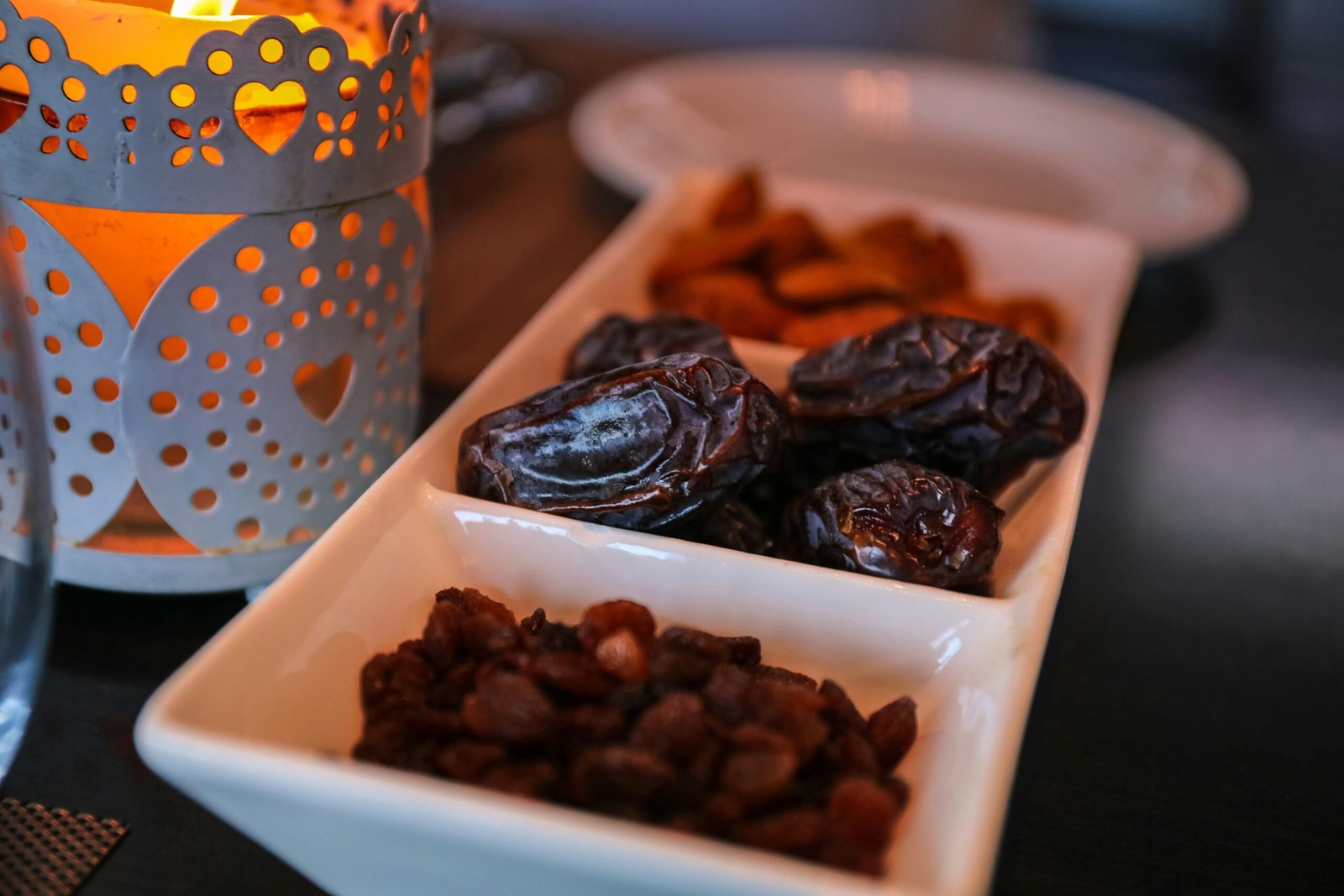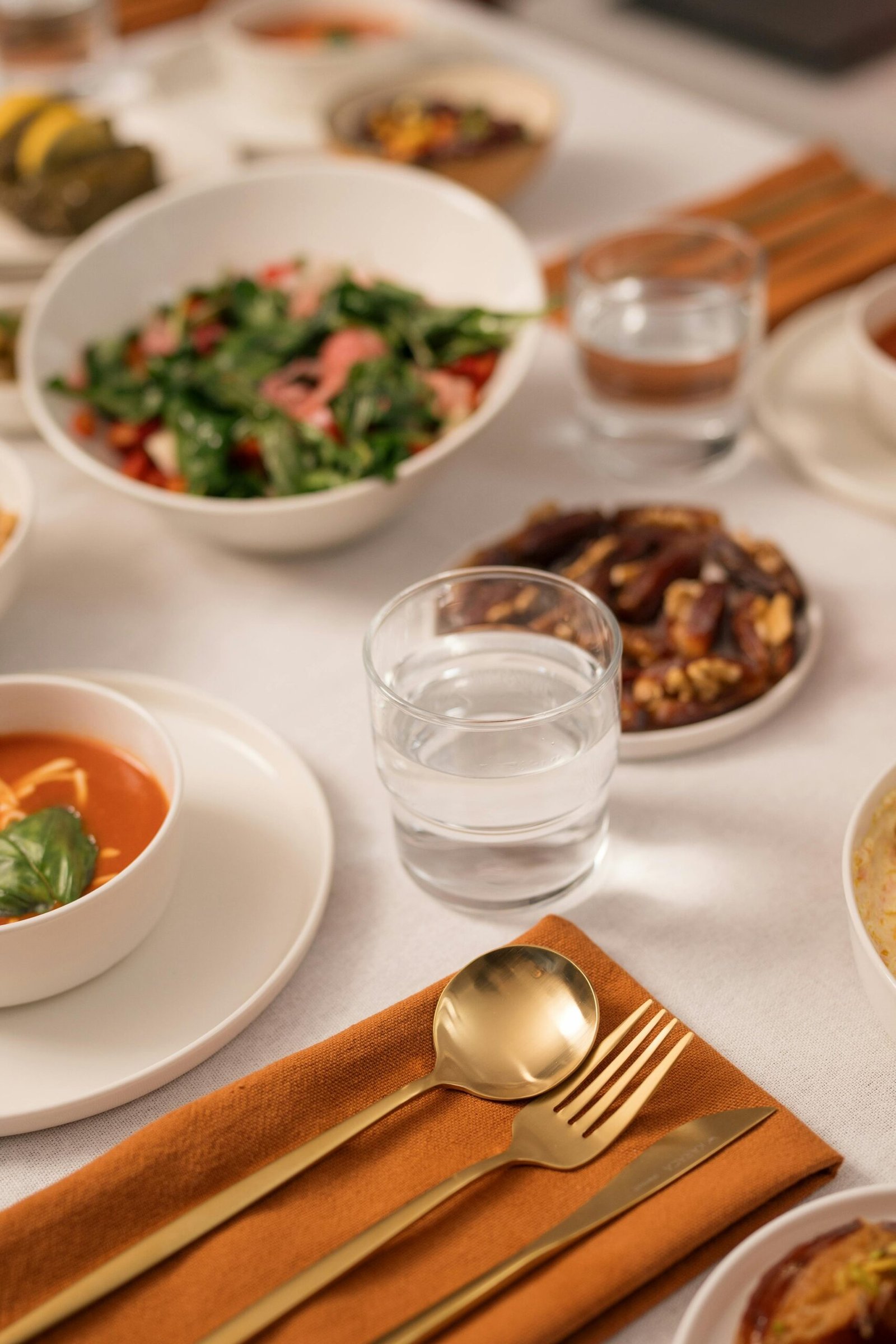
Roza: Treatment of diseases and increase in spirituality
Roza i.e. Fasting is a form of worship that plays an important role in being religious and increases spirituality. Roza also improves your health and helps in the treatment of many diseases. Fasting during the month of Ramadan is mandatory for Muslims. It can be skipped or made qaza only in certain circumstances and difficulties, such as being very ill.

Introduction:
Roza is a spiritual and healthy practice, which not only cleanses the soul but also gives strength to the body. In this article, we will talk about the scientific and spiritual benefits of Roza.
Research on Roza:
The human body has many organs like heart, kidneys, liver and lungs etc. There are 5-6 liters of blood and 37 trillion cells. Fasting refreshes all of them. Ayurveda also talks about Langhanam (fasting) i.e. staying hungry, in the treatment of many diseases. Many researches have been done all over the world regarding fasting, the results of which show the benefits of fasting. Research from the National Institute of Health (NIH) and World Health Organization (WHO) to Japanese scientist ‘Yoshinori Ohsumi’ found that fasting during Ramadan has a positive and beneficial effect on our health.
Treatment of physical diseases:
Fasting strengthens our immune system. It reduces the risk of cancer. I have also experienced that people whose eczema was not getting cured for years, got cured very quickly by fasting. Even now I have patients with skin problems, kidney failure and liver cancer. Those who can keep fast, I recommend them to keep them fast and at the same time I am treating their disease through my medicines.
Treatment of mental diseases:
It is a big thing that a Muslim takes water in his mouth to gargle but does not drink it. A Muslim refrains himself from eating and drinking, for whom? For Allah. That is, fasting creates a control in us and also sets our thinking. By fasting properly, tolerance is created in a person. Overthinking is reduced and this cures mental diseases like anxiety and depression etc.
Roza gives health:
The Prophet ﷺ says: Surely Allah said the same thing to a prophet of Bani Israel, inform your community that whoever keeps a fast for a day for my pleasure, I will give health to his body and will also give him a great reward.
(Shuaibul Iman, 3/412, Hadith:3923)
- In my opinion, in Iftar you should take a few sips of water, 3 dates and seasonal fruits (like watermelon, muskmelon, banana etc.). After this, offer Maghrib Salah comfortably, so that your stomach gets some time. Eat a full meal only after Maghrib Salah, take a walk after eating and keep drinking a lot of water little by little till you sleep at night.
- Do not drink cold water or juice in Iftar. It can give you cough, cold and fever.
- Avoid oily things likes pakodas, papad, kachri, samosa etc.
- Those who want to lose weight should eat more in Sehri and less in Iftar. Insha Allah the weight will be reduced.
- Those who want to increase their weight should eat less during Sehri and more during Iftar.
- Do not eat sweets every day.
- Do not take painkillers in Ramadan without emergency because there is a lot of loads on the kidneys due to not drinking water throughout the day. In such a situation, if you use painkillers after Iftar, then your kidneys can also get damaged.

Conclusion:
If you keep Roza with the precautions mentioned above in the lovely month of Ramadan, then Insha Allah you will become the owner of good health by Eid.
Roza i.e. Fasting during the month of Ramadan is mandatory for Muslims. It can be skipped or made qaza only in certain circumstances and difficulties, such as being very ill. Roza is a form of worship that plays an important role in being religious and increases spirituality. It also improves your health and helps in the treatment of many diseases.
Ramadan is a month which is very important for the Muslims. Fasting during the month of Ramadan is mandatory for Muslims.
